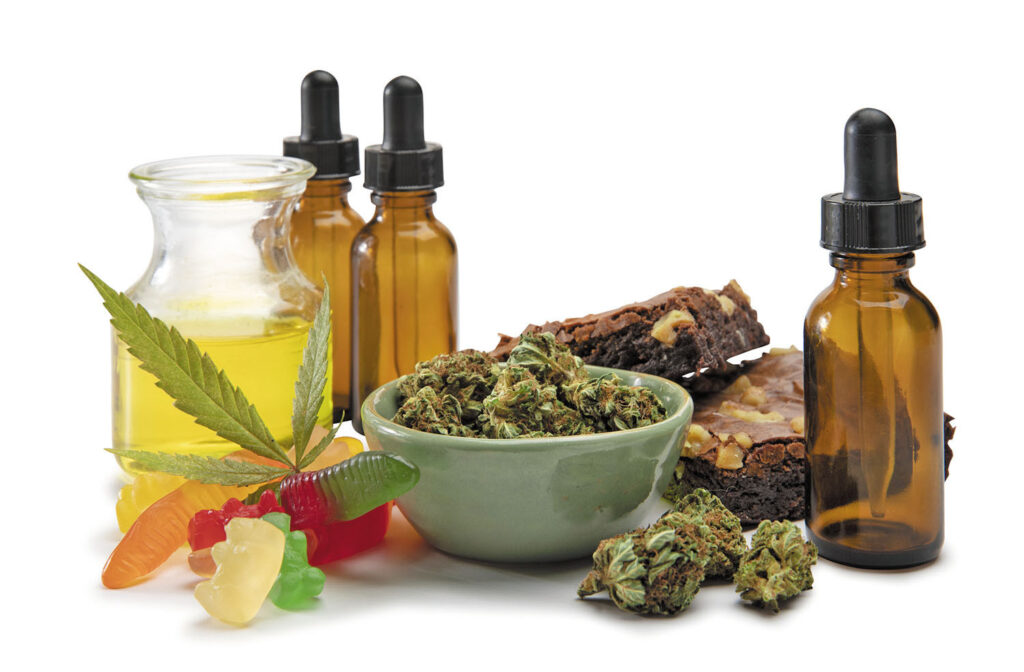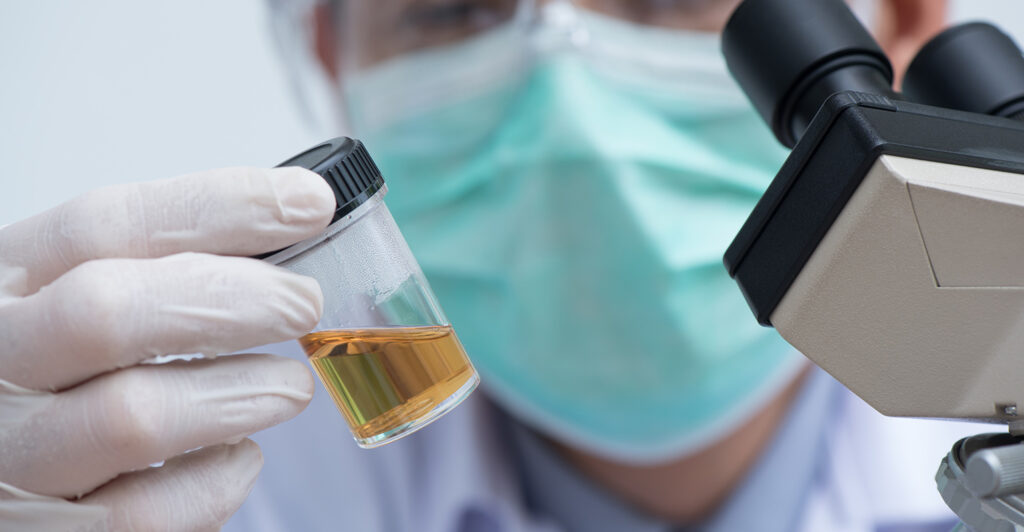Introduction
In recent years, CBD (cannabidiol) has gained popularity for its potential health benefits. However, individuals who are subject to drug tests, especially in professional settings, often wonder if using CBD could lead to a failed drug test. In this article, we’ll delve into the science behind CBD and drug tests to provide you with a clear understanding of the potential risks involved.
Understanding CBD and Its Composition

CBD is a naturally occurring compound found in the cannabis plant. Unlike its more infamous counterpart, THC (tetrahydrocannabinol), CBD is not psychoactive and does not induce a “high” feeling. CBD is commonly extracted from hemp, a variety of cannabis that is specifically cultivated for its low THC content.
The Potential for THC Contamination
While CBD itself is not typically tested for in standard drug tests, some CBD products may contain trace amounts of THC. This is particularly true for full-spectrum CBD products, which retain a wide range of compounds from the hemp plant, including THC.
It’s important to note that the legal limit for THC content in CBD products varies by country and state. In the United States, for instance, the legal limit for THC in CBD products is 0.3% or lower.
Factors Affecting the Risk of Failing a Drug Test

- Type of CBD Product: Pure CBD isolate products are less likely to contain THC compared to full-spectrum products. For individuals who are subject to drug tests, it may be safer to opt for CBD isolates.
- Product Source and Quality: Reputable CBD companies provide third-party lab reports to verify the purity and THC content of their products. It’s crucial to purchase CBD from trusted sources to minimize the risk of THC contamination.
- Dosage and Frequency of Use: Using large quantities of CBD or using it frequently may increase the likelihood of THC accumulation in your system, which could potentially trigger a positive drug test.
- Metabolism and Individual Variations: Each person’s metabolism is unique. Factors such as body weight, metabolic rate, and liver function can affect how quickly the body processes and eliminates CBD and THC.
- Duration of CBD Use: Long-term use of CBD may lead to the gradual accumulation of THC in the body. If you are concerned about drug tests, consider taking breaks from CBD use or opting for CBD isolate products.
Tips to Minimize the Risk
- Choose Reputable Brands: Stick to well-established CBD companies with a track record of producing high-quality, lab-tested products.
- Review Lab Reports: Always review third-party lab reports to ensure that the CBD product contains the advertised amount of CBD and complies with legal THC limits.
- Opt for CBD Isolate: If you’re subject to regular drug tests, consider using products made from CBD isolate, which contain pure CBD without any trace of THC.
- Monitor Dosage and Frequency: Avoid excessive or frequent use of CBD, especially if you’re concerned about drug tests. Start with a low dosage and gradually increase if needed.
Common Misconceptions About CBD and Drug Tests
In the midst of the growing popularity of CBD, several misconceptions have arisen regarding its potential to lead to a failed drug test. It’s crucial to address these misunderstandings to provide clarity and ensure that individuals can make informed decisions about incorporating CBD into their wellness routine.
One common misconception is that all CBD products contain THC. As mentioned earlier, reputable CBD companies produce products that comply with legal THC limits. While full-spectrum CBD products may contain trace amounts of THC, these quantities are typically well below the legal threshold of 0.3%. However, CBD isolates are entirely free of THC, making them a safer option for individuals concerned about drug tests.
Another prevalent misconception is that using CBD can lead to THC accumulation over time, resulting in a positive drug test. While this is theoretically possible, it’s important to emphasize that this scenario is highly unlikely, especially when using high-quality CBD products from reputable sources. Additionally, taking breaks from CBD use or opting for CBD isolates can further reduce any potential risk.
Addressing Employer Policies and Legal Considerations
When considering CBD use in relation to employment and drug testing, it’s essential to be aware of your employer’s policies regarding substance use. Some employers have strict drug policies that may not differentiate between THC and CBD. If you’re subject to regular drug testing, it’s advisable to discuss CBD use with your employer or HR department to ensure compliance with company policies.
Furthermore, it’s crucial to stay informed about the legal status of CBD in your jurisdiction. Laws regarding CBD can vary widely from one country or state to another. Understanding the legal framework can help you make informed decisions about purchasing and using CBD products.
Conclusion: Navigating CBD and Drug Tests
In conclusion, using CBD responsibly can be compatible with maintaining a drug-free status, provided you take certain precautions. By choosing high-quality products, reviewing lab reports, and considering CBD isolates, you can minimize the risk of THC contamination and confidently enjoy the potential benefits of CBD. Additionally, open communication with your employer and staying informed about legal considerations will further contribute to a worry-free CBD experience.
Remember, if you have any doubts or concerns, consulting with a healthcare professional can provide personalized guidance based on your specific situation. With the right information and precautions, you can embrace the potential wellness benefits of CBD without compromising your professional or personal obligations
